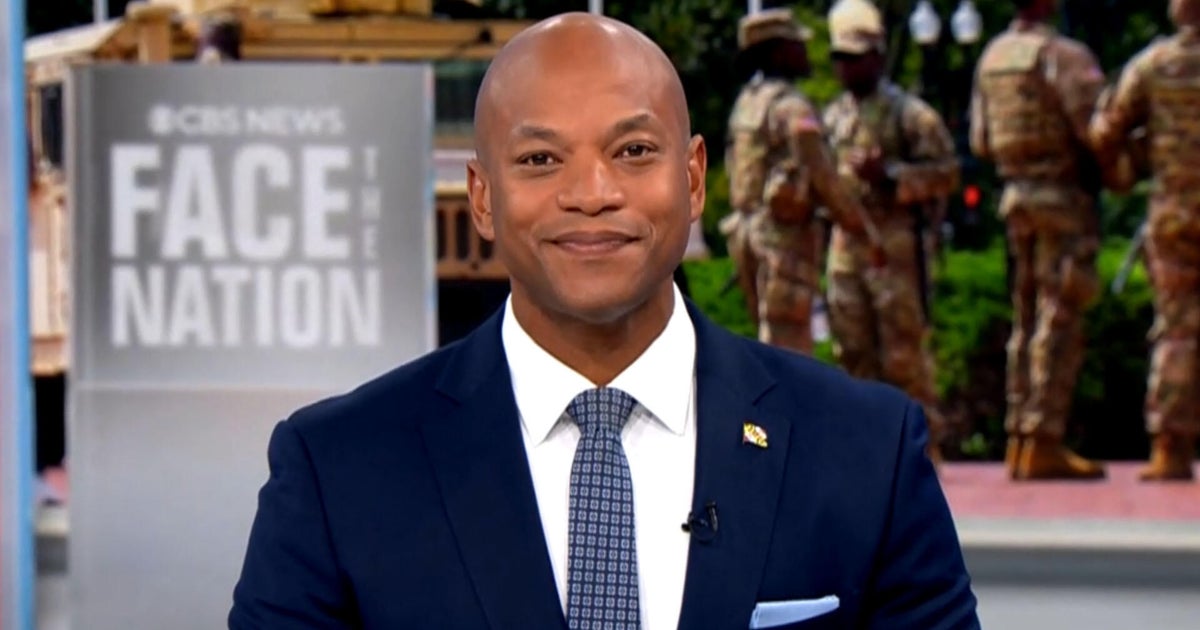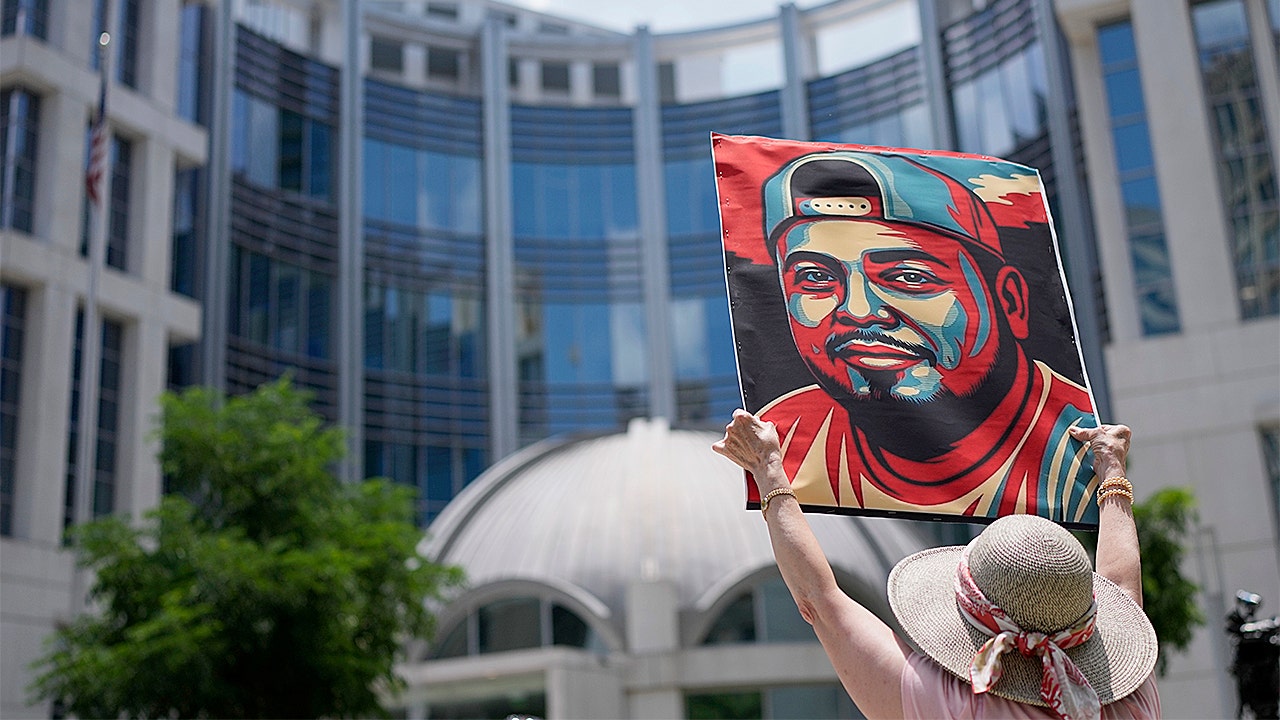
In a current improvement that has stirred political conversations, Maryland Governor Wes Moore has overtly criticized the moves of former President Donald Trump, describing the deployment of the D.C. National Guard for the duration of positive occasions as "unconstitutional." This pronouncement has sparked debates approximately the limits of govt energy and the translation of constitutional mandates. Moore, who has been vocal about issues of governance and justice, isn't mincing words in this subject matter.
The deployment in question passed off for the duration of the aftermath of the January 6 Capitol rebellion, where Trump turned into said to have played a contentious function in mobilizing the protect. Moore's comments have added gasoline to an already fiery discourse about the legality and ethics of that selection. He argues that such movements undermine democratic standards and will set a risky precedent for destiny administrations.
Governor Moore's statements are rooted inside the notion that the National Guard need to not be used as a device for political maneuvering. His feedback mirror a broader subject about the overreach of presidential powers and the capacity misuse of army assets. By calling the deployment unconstitutional, Moore is urging a reevaluation of ways such choices are made and who holds the authority to cause them to.
The governor's angle is shared with the aid of many who experience that the occasions of January 6 have been a turning point in American history. The deployment of the National Guard on this context has been a topic of research and debate, with many questioning the motives and legality of the motion. Moore's critique is part of a bigger narrative searching for duty and transparency in government movements.
Moore has been an advocate for reforms that make sure the separation of powers and uphold the democratic procedure. His statements aren't simply opinions of beyond moves however are calls to movement for modern-day and destiny leaders. He believes that adherence to constitutional concepts is paramount in keeping the integrity of the US' democratic institutions.
As discussions around this issue continue, Moore's remarks function a reminder of the significance of constitutional fidelity. The deployment of army forces on domestic soil is a sensitive difficulty that calls for careful attention and justification. Moore's emphasis at the unconstitutionality of Trump's moves is a call for vigilance and responsibility from the ones in positions of strength.
This problem additionally underscores the wider political tensions that have been regularly occurring in American politics. The debate around the D.C. National Guard deployment isn't just about one event but is indicative of a larger conflict over electricity and governance. Moore's intervention on this discussion highlights the want for readability and consistency in how such choices are approached.
Moore's stance is full-size, given his position as a governor and his affect in political circles. His comments are possibly to resonate with those who've been vital of Trump's presidency and are worried about the erosion of democratic norms. By speaking out, Moore is contributing to a discourse that seeks to guard the principles upon which the u . s . became founded.
In end, Governor Wes Moore's characterization of the D.C. National Guard's deployment as unconstitutional is a effective assertion on the limits of presidential authority. It reflects a commitment to keeping the democratic framework and making sure that army forces aren't used for political ends. As the country maintains to grapple with the ramifications of beyond moves, voices like Moore's are vital in guidance the conversation in the direction of accountability and justice.
The speak surrounding this trouble is ongoing, and Moore's enter is a treasured addition to the dialogue. It is a reminder that in a democracy, the actions of leaders have to constantly be scrutinized and held to the highest fashionable. As the talk unfolds, the dedication to constitutional principles remains a guiding mild for the ones seeking to uphold the rule of thumb of law.










